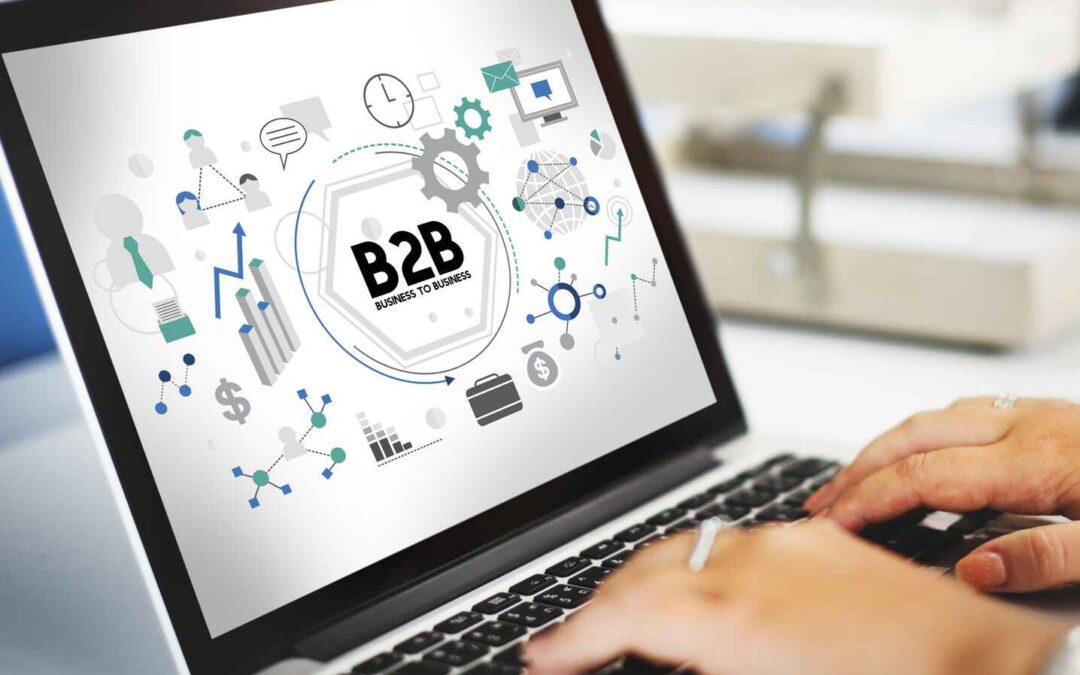In the competitive landscape of B2B marketing, effective lead generation is crucial for sustaining business growth. Choosing the right marketing channels can make all the difference when it comes to attracting and converting high-quality leads. This article will delve into the 12 best B2B marketing channels that can elevate your business’s lead generation strategy. By leveraging these channels, you can enhance your ability to reach potential clients, foster relationships, and drive conversions.
1. Content Marketing: The Powerhouse of B2B Lead Generation
Content marketing stands as one of the most effective strategies in the B2B marketing ecosystem. By offering valuable, informative content tailored to your audience’s needs, you can build trust, drive traffic, and ultimately, generate high-quality leads.
Why Content Marketing Works for Lead Generation
-
Attracts active prospects: Content marketing helps you attract prospects who are actively searching for solutions. Providing them with insightful and valuable content boosts your chances of becoming their go-to resource.
-
Establishes authority: Regularly publishing quality content establishes your business as an industry leader, thus encouraging trust.
-
Nurtures relationships: Engaging, informative content is a great way to foster long-term relationships with your audience, increasing conversion rates.
2. Email Marketing: A Direct Line to Prospects
Email marketing remains one of the most consistent and successful methods for nurturing leads. With email, you can deliver personalized content directly to your audience, keeping them engaged and informed.
Why Email Marketing is Essential
-
Direct communication: Email allows for one-on-one communication with prospects, ensuring that your message is delivered directly to their inbox.
-
Increases conversion rates: Personalizing email content boosts engagement and increases the likelihood of conversion.
-
Performance tracking: With email marketing, you can easily track open rates, click-through rates, and conversions, enabling precise campaign optimization.
3. Search Engine Optimization (SEO): Driving Organic Traffic
SEO is a critical part of any B2B lead generation strategy. Optimizing your website to rank higher in search engine results increases your visibility, attracting more qualified leads to your business.
How SEO Contributes to Lead Generation
-
Improves search visibility: A well-optimized website helps your business appear higher in search results, making it easier for potential customers to find you.
-
Drives targeted traffic: SEO targets people who are actively searching for solutions, increasing the likelihood of generating high-quality leads.
-
Builds trust: Ranking high in search results signals authority and trustworthiness to prospects.
4. Social Media Marketing: Building Relationships and Awareness
Social media platforms like LinkedIn, Twitter, Facebook, and Instagram offer immense potential for lead generation in the B2B space. By consistently sharing valuable content and engaging with your audience, you can build awareness, foster relationships, and attract quality leads.
Social Media Marketing Strategies for B2B
-
Engage with your audience: Regularly post content that resonates with your target audience. Participate in discussions through comments, polls, and Q&As to build deeper connections.
-
Run targeted ad campaigns: Social media advertising, such as LinkedIn Ads, can target specific demographics, driving high-quality traffic to your business.
-
Use analytics: Track engagement and performance to optimize your social media marketing efforts continuously.
5. Pay-Per-Click Advertising (PPC): Instant Visibility
PPC campaigns through platforms like Google Ads and LinkedIn Ads are a great way to generate leads quickly. By targeting specific keywords and demographics, PPC ensures your business reaches the right audience at the right time.
Benefits of PPC Advertising
-
Fast lead generation: PPC campaigns can drive immediate results by displaying your ads to users who are actively searching for your products or services.
-
Precise targeting: With PPC, you can tailor your campaigns based on user behavior, location, and other criteria, ensuring you reach the most relevant prospects.
-
Data-driven optimization: PPC platforms provide analytics that allow you to fine-tune campaigns for better results.
6. Webinars and Online Events: Engaging Your Audience in Real-Time
Webinars are an incredibly effective way to generate B2B leads. These online events allow businesses to interact directly with their audience, showcase their expertise, and offer value through educational content.
Why Webinars Are Effective
-
Interactive engagement: Webinars allow real-time interaction with prospects, making it easier to address concerns and build rapport.
-
Trust-building: Offering valuable insights through webinars positions your business as an industry expert, building trust and credibility with your audience.
-
Lead capture: Webinars offer great opportunities to capture leads by requiring attendees to register beforehand.
7. Influencer Marketing: Leveraging Industry Experts
Influencer marketing is becoming an important strategy in the B2B world. By collaborating with industry influencers, businesses can tap into established audiences, building credibility and expanding their reach.
How to Use Influencer Marketing for Lead Generation
-
Select the right influencers: Choose influencers whose audience aligns with your target market.
-
Collaborate on content: Work with influencers on webinars, blog posts, or product reviews to introduce your services to their followers.
-
Leverage recommendations: Influencers’ endorsements can significantly boost your business’s visibility and authority.
8. Affiliate Marketing: Expanding Reach Through Partnerships
Affiliate marketing is an effective channel for B2B lead generation. By partnering with affiliates who promote your services, you can extend your reach and generate leads with minimal upfront investment.
Why Affiliate Marketing Works for Lead Generation
-
Performance-based: You only pay affiliates for successful conversions, making it a low-risk strategy.
-
Expands reach: Affiliates already have an established network of contacts, helping you reach a broader audience.
-
Trust-building: Affiliates’ recommendations act as third-party endorsements, enhancing the credibility of your business.
9. Referral Programs: Harnessing the Power of Word-of-Mouth
Referral programs leverage your existing customer base to generate new leads. By incentivizing customers to refer others, you create a word-of-mouth marketing engine that can drive new business.
Benefits of Referral Programs
-
High-quality leads: Referred prospects tend to be more qualified and easier to convert.
-
Cost-effective: Referral programs are low-cost and can scale easily without requiring significant investment.
-
Increased loyalty: Offering incentives for referrals boosts customer satisfaction and loyalty.
10. Video Marketing: Captivating and Converting Leads
Video marketing is an engaging way to showcase your business and connect with potential clients. Platforms like YouTube and Vimeo offer businesses the opportunity to create compelling visual content that educates and converts.
Why Video Marketing Is Effective
-
Attention-grabbing: Videos capture attention and engage viewers more effectively than text-based content.
-
Simplifies complex concepts: Video content allows you to break down complex topics and present them in an easily digestible format.
-
Shareability: Videos are highly shareable, increasing your content’s potential to go viral.
11. Retargeting and Remarketing: Converting Interested Prospects
Retargeting and remarketing are highly effective strategies to re-engage potential leads who have shown interest in your business but have not yet converted. By serving them tailored ads, you can encourage them to return and complete the conversion process.
How Retargeting Drives Lead Generation
-
Keeps your business top-of-mind: Retargeting ensures your brand stays in front of prospects, increasing the likelihood of conversion.
-
Cost-effective: Remarketing is generally more affordable than traditional advertising methods.
-
Re-engages warm leads: Retargeting allows you to target prospects who have already interacted with your business, making them more likely to convert.
12. Online Reviews and Testimonials: Building Trust and Credibility
Online reviews and testimonials serve as powerful social proof, influencing potential leads to consider your business. Positive reviews on trusted platforms like Google, Trustpilot, and Clutch can significantly impact lead generation efforts.
How Reviews and Testimonials Impact Lead Generation
-
Establishes trust: Positive reviews and testimonials help build trust with potential customers.
-
Influences decision-making: Many leads rely on reviews and testimonials before deciding whether to do business with a company.
-
Enhances credibility: Customer feedback validates your product or service, encouraging prospects to take the next step.
Conclusion
In the competitive world of B2B lead generation, choosing the right channels is crucial for business success. By leveraging a combination of content marketing, email marketing, SEO, social media, and other proven strategies, businesses can effectively attract and convert quality leads. Implementing these 12 top B2B marketing channels will help you create a robust lead generation pipeline, ultimately driving your business’s growth. Start integrating these strategies today to boost your lead generation efforts and expand your customer base.














